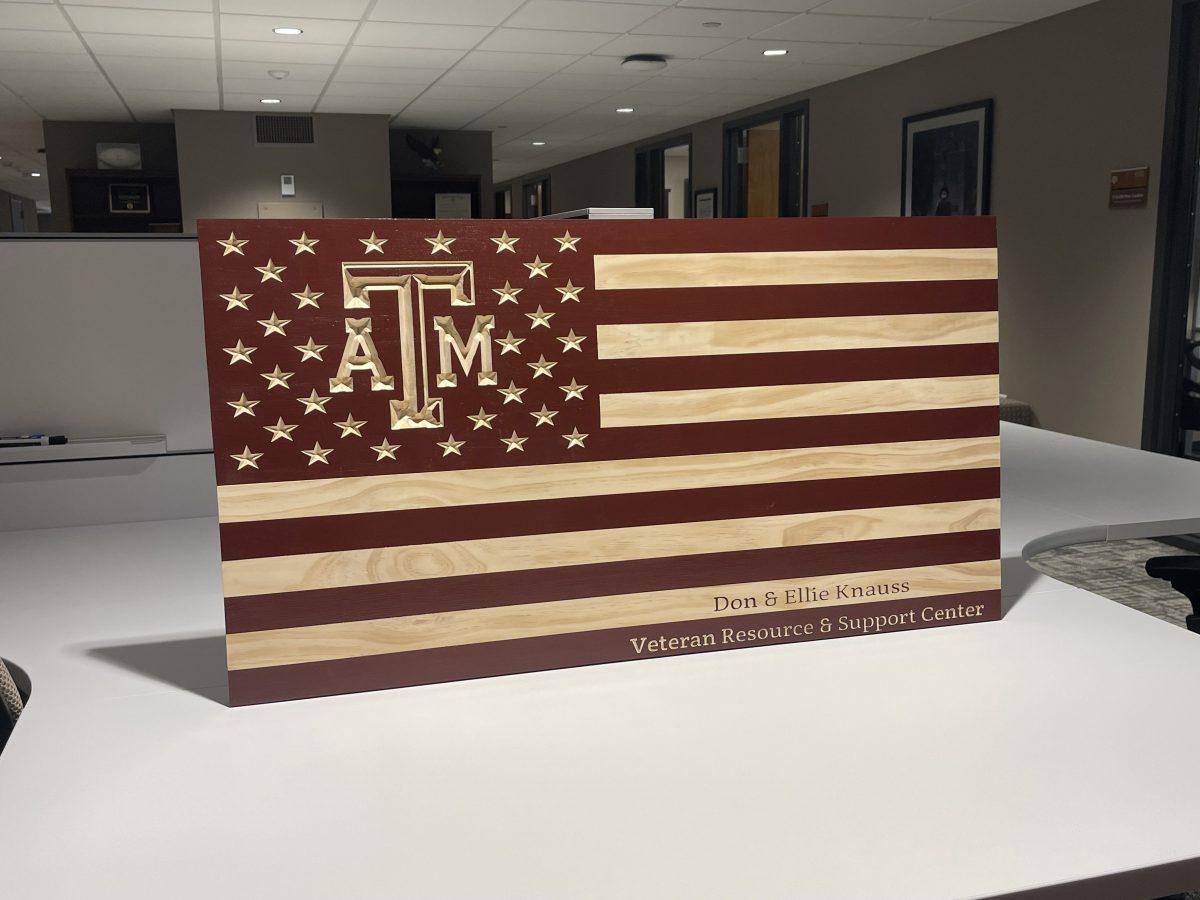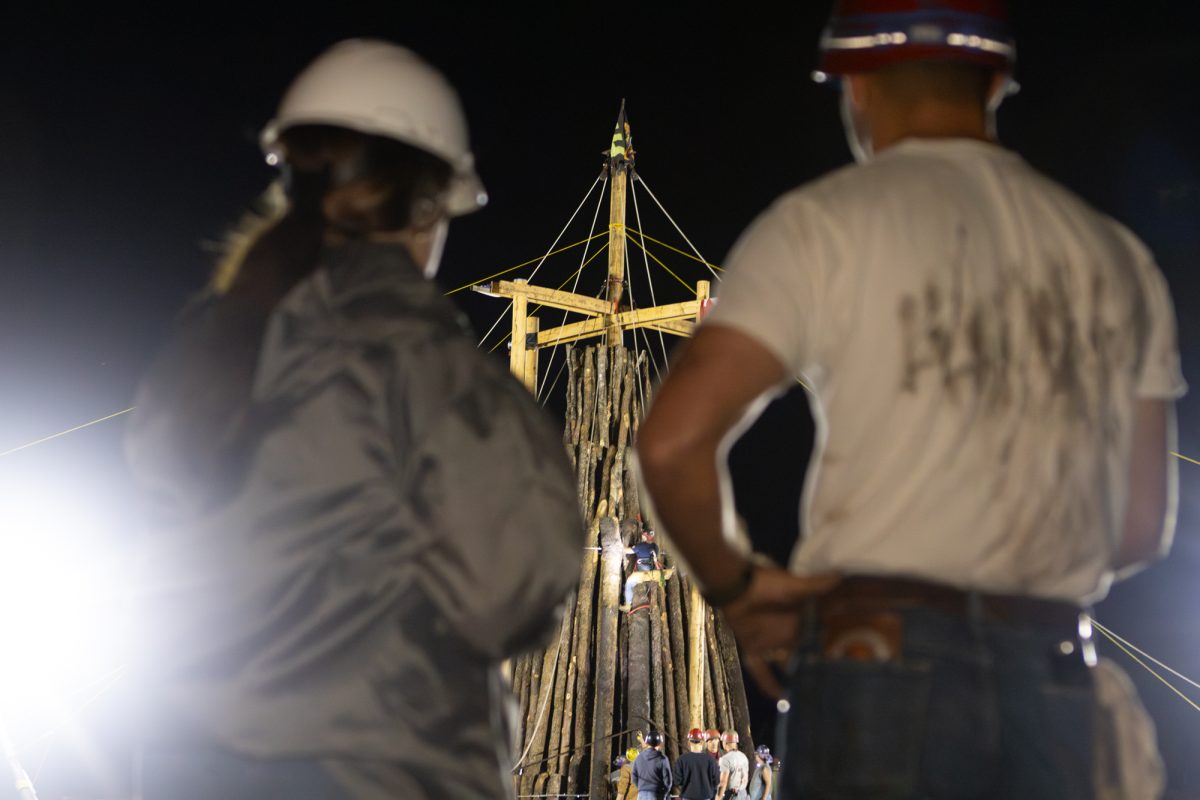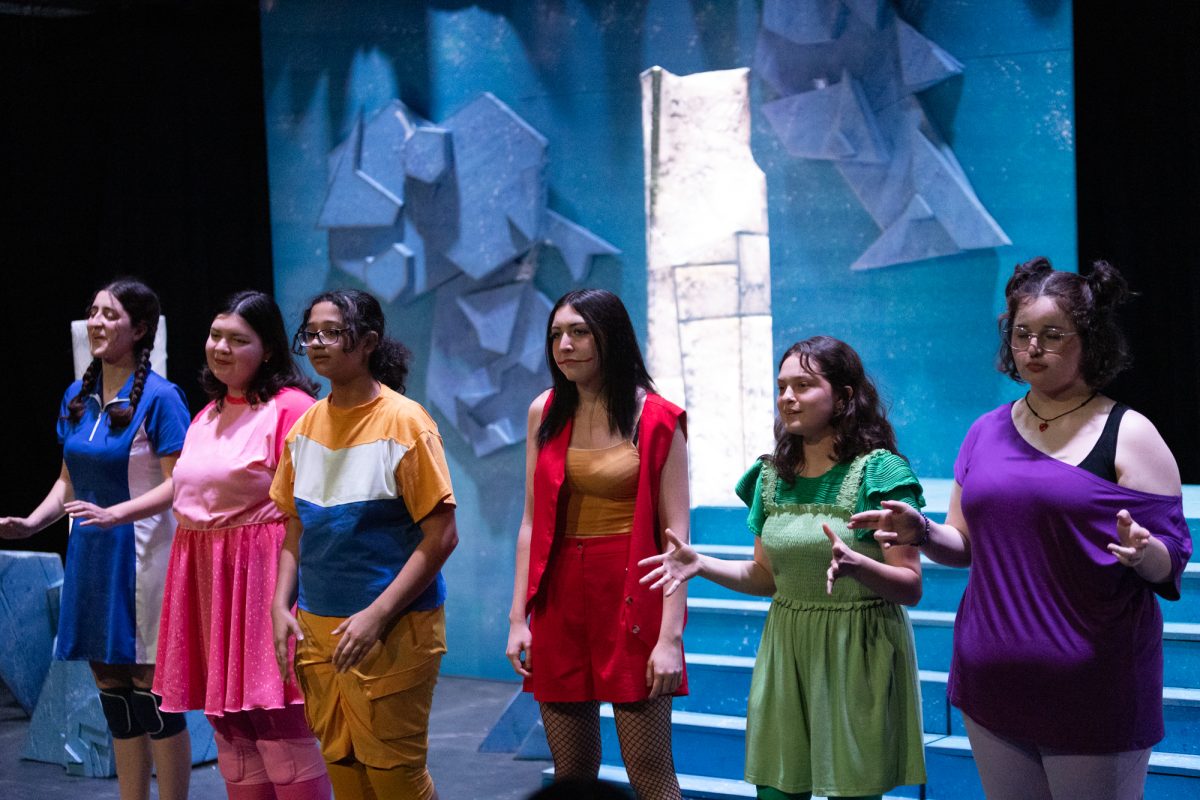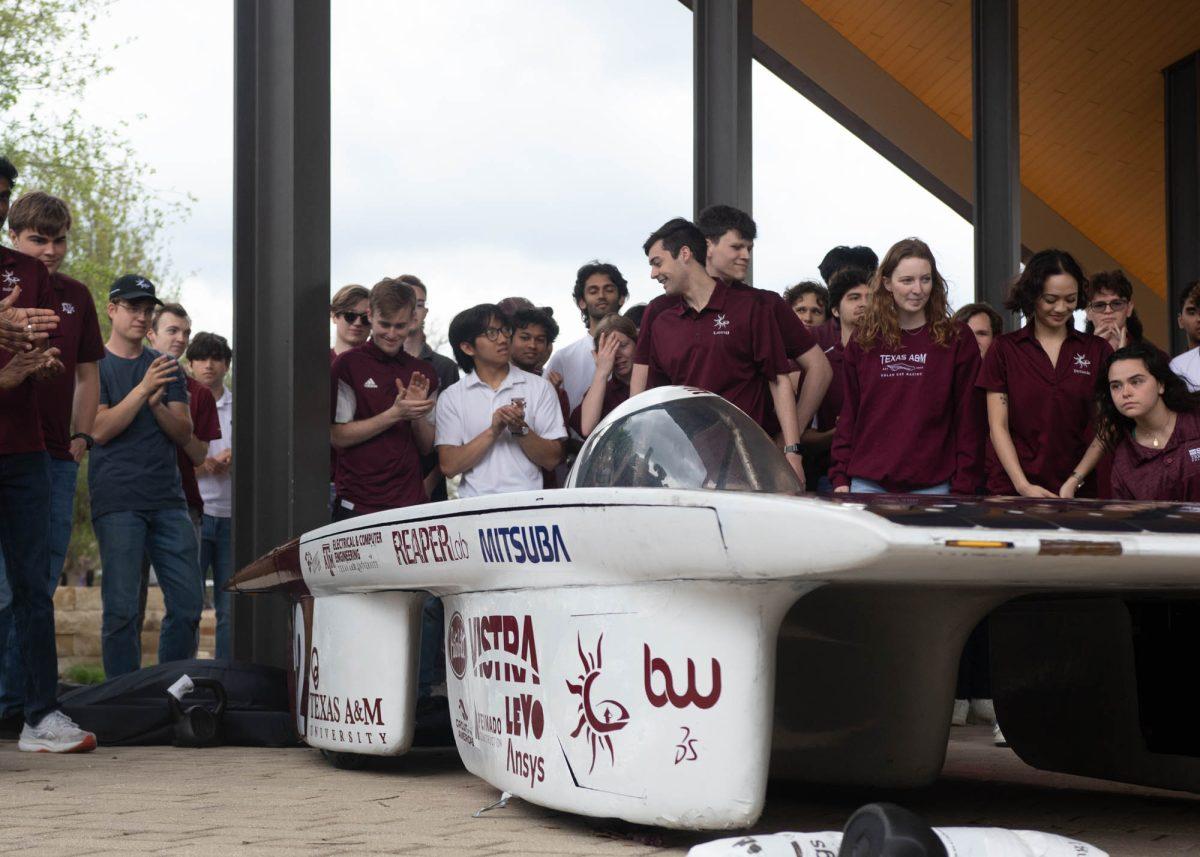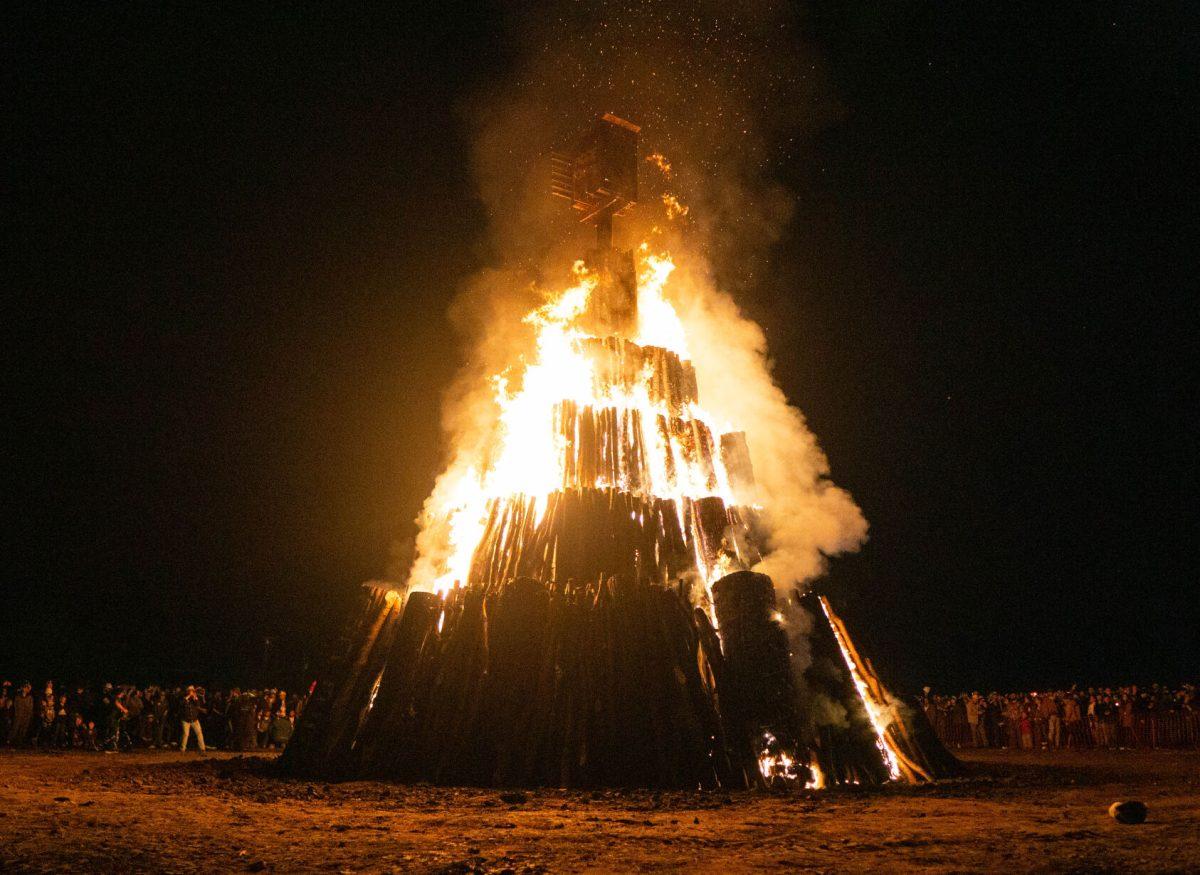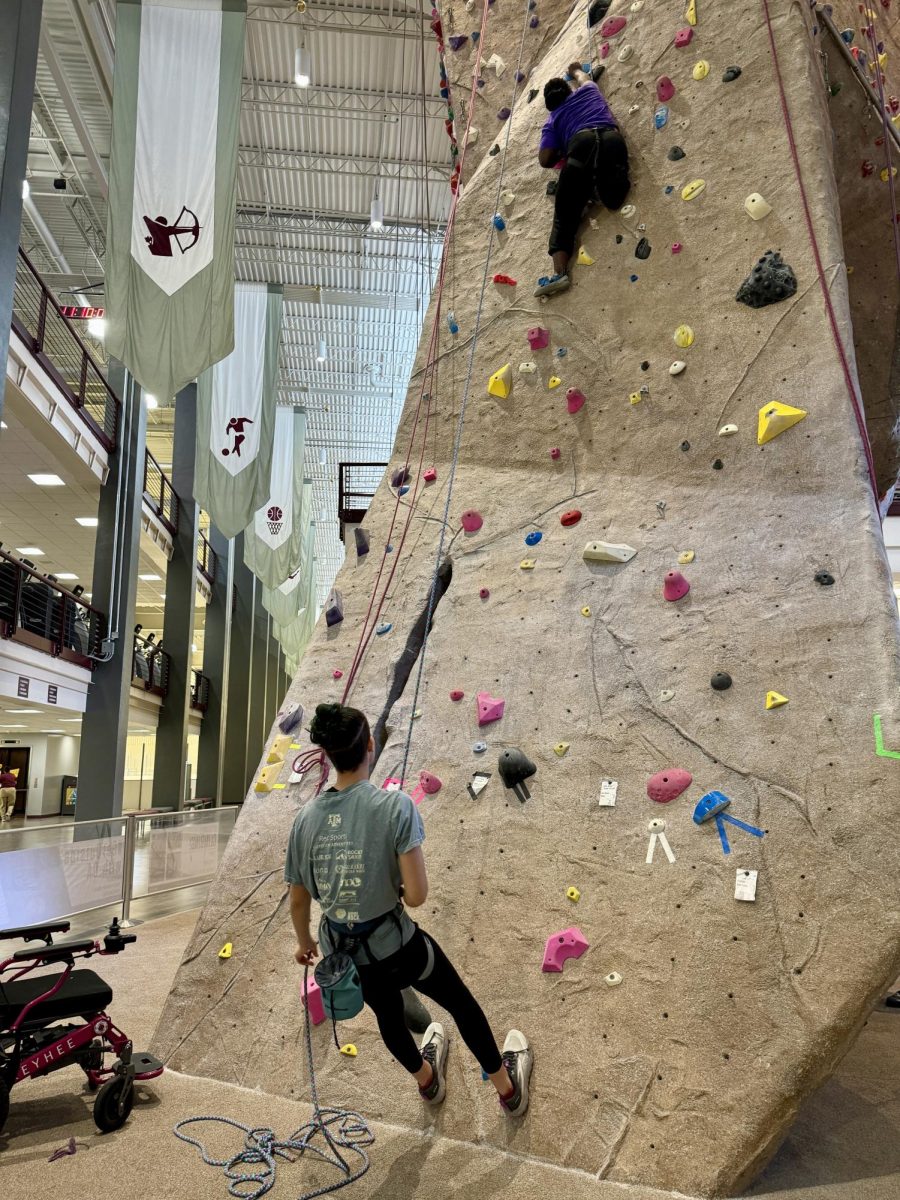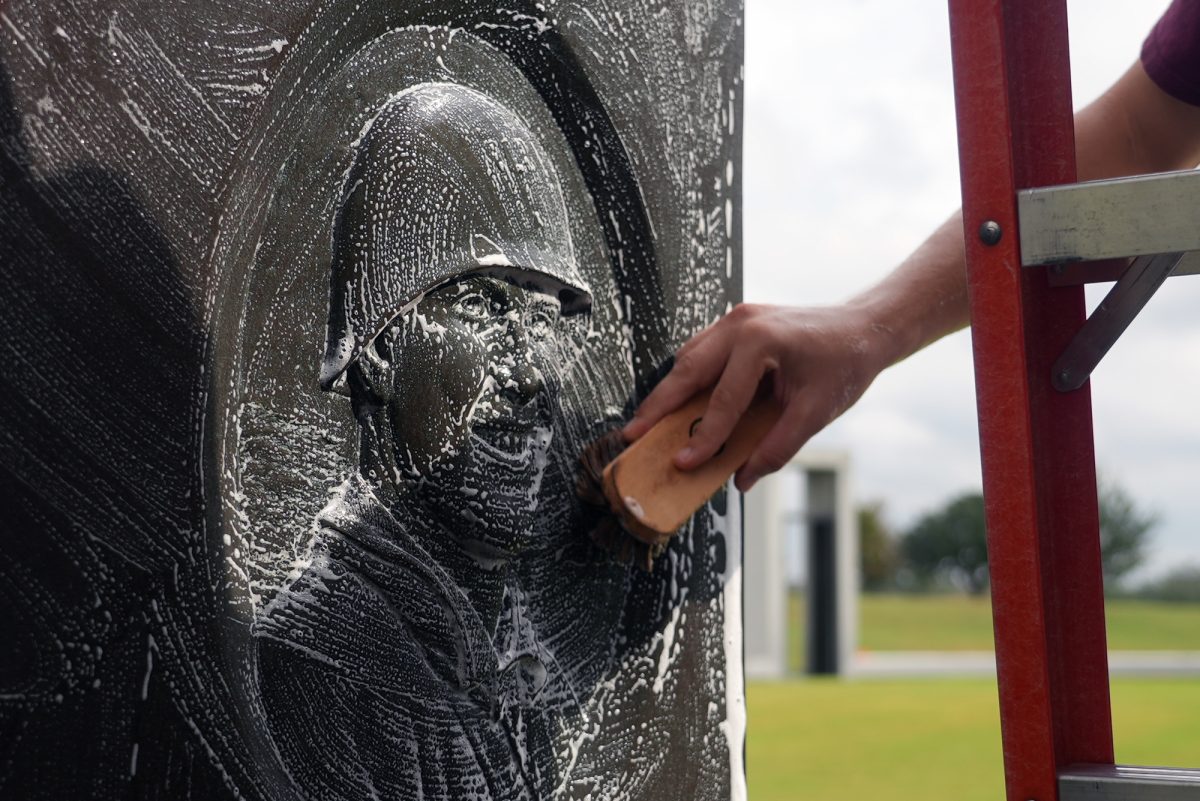Veteran Aggie Leaders for Outreach and Resources, or VALOR, helps student veterans attain holistic success at Texas A&M by providing student veterans with resources and skill development opportunities to reach their personal and professional goals.
VALOR is a peer-mentoring program allowing first-year student veterans to access resources to develop connections with A&M’s student veteran population, and create an educational plan to help with their future academic success and career.
VALOR graduate assistant Carly Mark said in the mentoring program, non-first-year student veterans take on a peer mentor position to advise first-year student veterans. Through this peer-mentoring program, Mark said VALOR becomes a support system for new student veterans to successfully acclimate to A&M.
Mark said the transition to A&M from military service is a difficult process, because not only are veterans dealing with transitioning to the university, they may also be dealing with complications from their deployment.
“With veterans moving from military service into A&M and not being the traditional student, they already have a bunch of different things going against them,” Mark said. “Not only do they have someone to relate to in this program, but we work on helping them with academic success, building a support system within the community and their financial success, because a lot of them use [Veteran Affairs] benefits, which is different from most of us.”
VALOR also aids veterans with professional development, such as looking into internships and resume building, Mark said.
“Because many of the veterans who come in are older — not 18 — they have a good amount of experience already,” Mark said. “We help them condense those experiences into a resume that’s good for outreaching. Like in our name, we’re here to outreach for them and give them the resources they need to succeed at A&M.”
Mark said VALOR’s biggest event is Vet Camp Extended Orientation, held the week before classes start each semester. Mark said Vet Camp is like a big welcome to A&M, where student veterans can meet other veterans to relate to, and also companies that could offer them future internships or provide resources.
“This past Vet Camp, we brought in recruiters from different companies, like the FBI and Charles Schwab came,” Mark said. “We brought the veterans in and they talked to all the different recruiters to start gaining internship opportunities. What we found is it was like a professional social networking event. In the past, we’ve brought in different community resources, such as Brazos Valley Cares.”
As a peer mentor with VALOR, history junior David Haney said student volunteers such as himself, who have the heart and desire to advocate for student veterans, are the foundation of the program.
“To have an organization or program like VALOR, where student veterans with that kind of drive see their peers succeed and get the most out of their time here at A&M, it’s a great opportunity and it’s really an honor for those students who are participating,” Haney said.
Haney said the most important job of a peer leader is to be the face of what VALOR stands for, as well as being of service to the student veterans and supplementing their needs.
“It’s not a bureaucratic process. It’s a process of getting to know the student veteran, making a connection with them, finding out what it is they need and what [VALOR] can do to either fulfill that need either at the Veterans [Resource & Support Center, or VRSC], or to connect them directly with someone,” Haney said. “In this day and age, it’s really easy to call a place and then get transferred to someone else that transfers you to someone else to transfer to someone else. It can be time-consuming and frustrating, so our job is to cut out all of that and be the middleman.”
Getting a contextual relationship and connection with the student veterans and helping them to resolve issues they face on campus is what Haney said is his favorite part of VALOR.
VRSC assistant director and co-founder of VALOR retired Sgt. Maj. Donald Freeman said the program imitates assimilating to the military, so the veterans have a sense of familiarity.
“In the military as you go from one duty station to another duty station, you’re always assigned a sponsor and that sponsor’s mission is to help integrate you to whatever your new duty station is,” Freeman said. “That’s why we created it, we wanted to make sure that the veterans didn’t feel left out or isolated. It’s kind of like a [permanent change of station, or PCS,] move — where you move from a duty station to duty station — but you move from a duty station to college in a kind of like a PCS … move. We want to make sure that they get well integrated into A&M and they have no issues whether it’s academics, financial, social well-being or career for life after college.”
Challenges student veterans face on top of adjusting to A&M’s academic environment may be overlooked, Freeman said. These include navigating childcare and trying to figure out what businesses provide after-hour services or military discounts for veteran families, as well as monetary issues such as which doctors will offer them health care benefits, Freeman said.
“Imagine coming here as a traditional student, worrying about registering for classes, your dorm room, those types of things. Then, multiply that times 10 when you’re married, have family and other obligations,” Freeman said.
Freeman said VALOR’s peer-mentoring system is effective because the mentors understand exactly what first-semester veterans are going through since they were once in their same position.
“As an assistant director of the VRSC I can tell the student, ‘Hey, this is in your best interest that you should take advantage of this program,’” Freeman said. “They listen to us, but they listen to their peers a lot more frequently, so it’s like listening to a friend versus listening to your parents. It’s more important for the peer to teach those student veterans rather than somebody like myself from higher ed[ucation].”
For more information about VALOR or to apply as a peer mentor, visit the website. To help support the program’s development and to become a donor, visit the program’s Texas A&M Foundation donation page.
Veteran Aggie Leaders for Outreach and Resources provides helping hand to veterans acclimating to campus
April 26, 2022
Photo by FILE
Veterans Coverage
0
Donate to The Battalion
Your donation will support the student journalists of Texas A&M University - College Station. Your contribution will allow us to purchase equipment and cover our annual website hosting costs.
More to Discover



